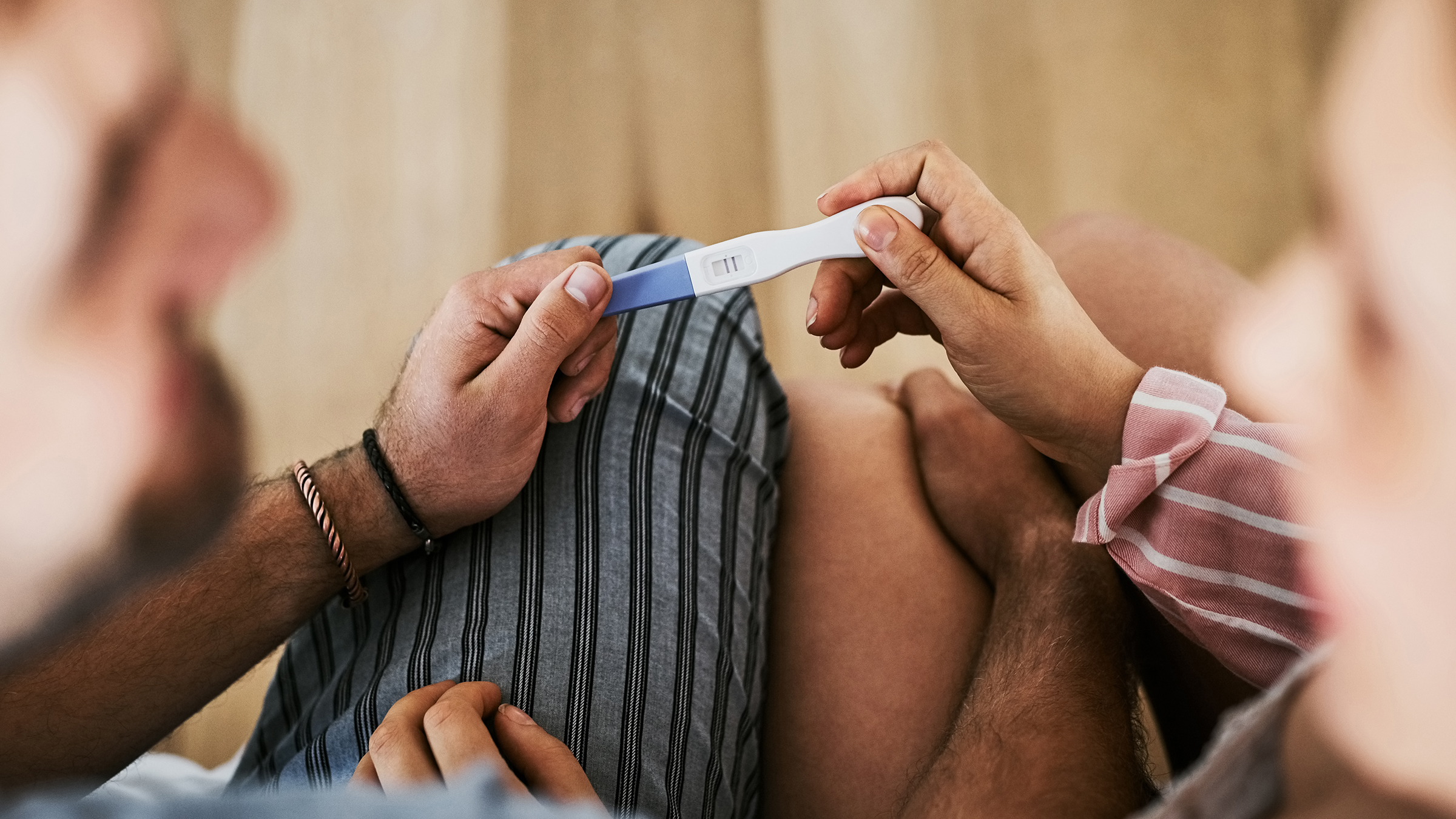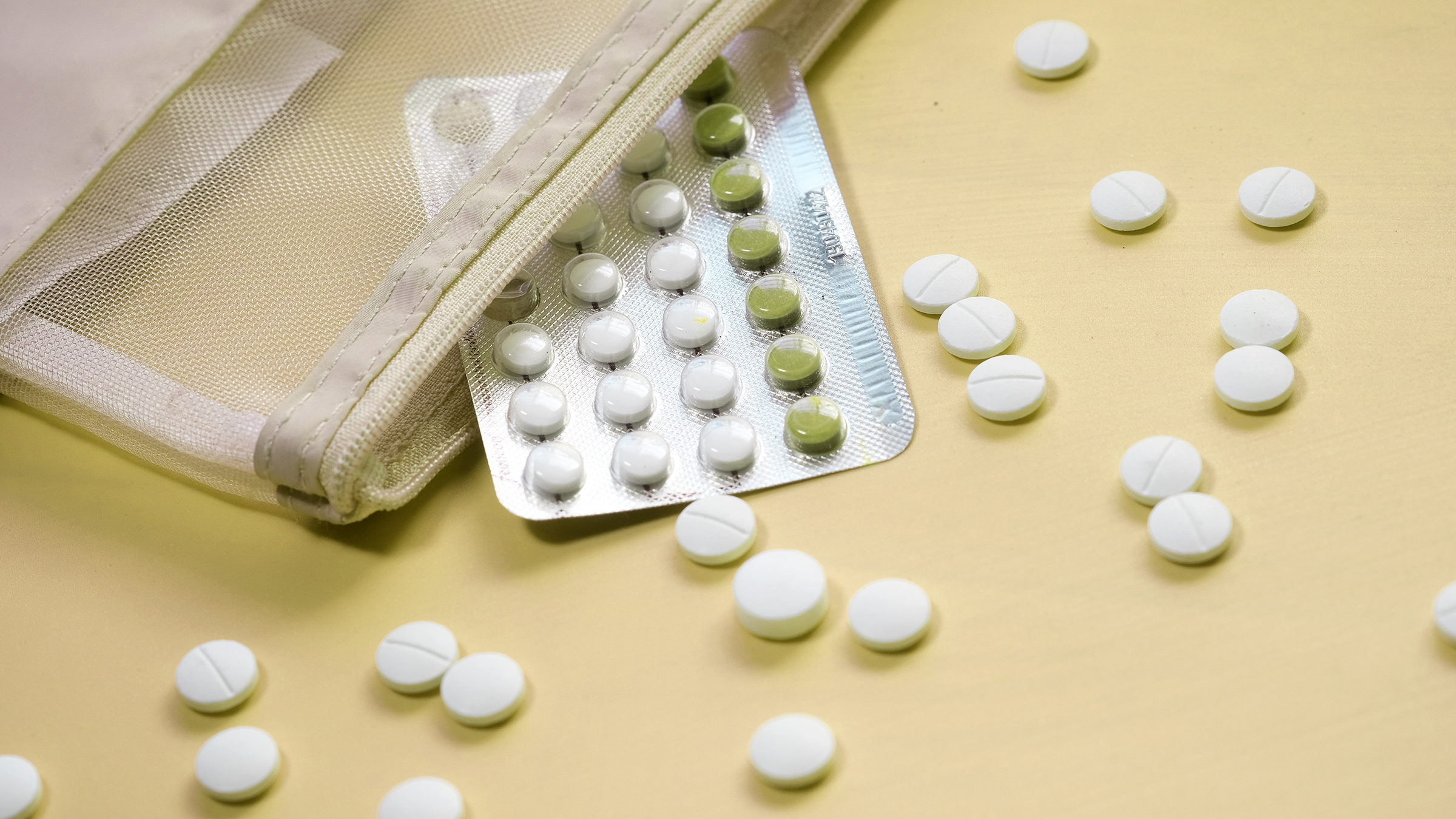Get treatment with GoodRx Care
Chat with a healthcare provider about common fertility questions and tests:


Fertility describes someone’s ability to have a baby.
Fertility depends on your body’s ability to make sperm or eggs. But that’s just the first step.
Fertility also depends on:
Sperm reaching an egg
Sperm fertilizing an egg
Fertilized eggs reaching and attaching to the uterus
Fertilized eggs developing into an embryo
Embryos developing into a baby
Many things can interrupt one or more of these steps, which affects your overall fertility.
Some people want to know how to increase their fertility while others want to prevent pregnancy.
Over the course of your life, you might be more interested in one end of this spectrum or the other. That’s normal. At certain points in your life, you may want to have a baby. And at another time, you might want to prevent pregnancy.
In either case, understanding your own fertility can help you create family planning goals.
A person’s fertility requires multiple parts of the body to work together. Things that affect fertility include:
Hormones: The brain, testicles, and ovaries make hormones that signal when it’s time to release eggs and make sperm. These hormones are released according to a pattern (the menstrual cycle) or on a daily basis (like with sperm production). Some people don’t make enough of one or more of these hormones.
Egg and sperm quality: To make a baby, there needs to be a sperm cell and an egg cell. The body makes millions of these cells, but not all of them are healthy enough to create a baby. Sperm and egg quality decreases as people get older. Medical conditions and things like smoking and alcohol can affect sperm and egg quality.
Sex organs: To meet, sperm and egg cells need to travel from the testicles and ovaries into the fallopian tube. A fertilized egg needs to travel into the uterus and implant. Damage to organs that help move sperm and eggs affects fertility.
There are home tests that can give you some basic information about your fertility:
Sperm tests: Home sperm tests give you very basic information about your sperm count. You get results in a few minutes. But they don’t give you a full picture of your sperm quality.
Ovulation kits: These are test strips you pee on first thing in the morning. They tell you when you’re most likely to ovulate (release an egg), which is when you’re most fertile. This can help you time sex or insemination.
Blood tests: Some kits let you collect a blood sample at home and send it to a lab. These blood tests check your hormone levels and measure your “ovarian reserve.” It’s not clear how reliable these tests are. Experts recommend against estimating an ovarian reserve using only blood tests.
At-home tests give you a starting point. But if you’re having trouble getting pregnant or you have a medical condition that could affect your fertility, talk to your healthcare provider so you can get the most accurate testing.

If you’re looking to boost your natural fertility, tread lightly. Many products on the market claim to increase fertility, but there’s little (or no) data to support their claims.
Researchers have been trying to find medications that can help everyone improve their fertility. But so far, they’ve come up empty.
People with certain medical conditions can benefit from medications like daily baby aspirin or metformin. Your healthcare provider can help you decide if you should try a medication to boost your fertility.
If you have a medical condition that can affect your fertility over time, fertility preservation may be right for you. Fertility preservation is when you save your eggs or sperm for the future through sperm or egg freezing.
Complementary and alternative therapies like acupuncture and meditation are additional options. There isn’t a lot of data to support these treatments. But they’re low risk, so many people are willing to try them.
Here are some things you can do in your everyday life to boost your fertility:
Eat a healthy diet. Studies show that diets rich in fruits and vegetables improve both sperm and egg quality.
Exercise. Regular exercise (at least 3 times a week) increases sperm quality and helps ovulation.
Reduce your stress level. Stress can take a toll on your fertility. Your mental well-being is just as important as your physical well-being.
Stop smoking. Along with a host of other negative health effects, smoking also decreases fertility. If you’re trying to have a baby, stop smoking now. It will help you and your future child.
Limit alcohol. Studies about alcohol and fertility aren’t as clear as those about smoking. But it’s clear that heavy alcohol use affects fertility. Cutting back can help increase your chances of getting pregnant.
Check your prescriptions. Some medications can affect fertility. Talk to your healthcare provider about your daily medications. There might be better alternatives.
There are many natural ways to increase your fertility, including eating a diet high in plant products, getting regular exercise, and not smoking. Limiting alcohol can also help.
You can only get pregnant during a few days in your menstrual cycle. This “fertile window” usually happens 12 to 14 days before your next period. To help figure out the days on which you’re most likely to get pregnant, you can chart your menstrual cycle and try home ovulation kits.
It’s impossible to know exactly how many eggs a person has left or how many of those eggs are healthy enough to create a baby. But you can get an idea of your ovarian reserve with blood tests and an intravaginal ultrasound. OB-GYNs and reproductive endocrinologists do these tests.
American Pregnancy Association. (n.d.). What is fertility?
Committee on Gynecologic Practice. (2015). Committee opinion no. 618: Ovarian reserve testing. Obstetrics & Gynecology.
Harris, I. D., et al. (2011). Fertility and the aging male. Reviews in Urology.
Sharma, R., et al. (2013). Lifestyle factors and reproductive health: Taking control of your fertility. Reproductive Biology and Endocrinology.
Chat with a healthcare provider about common fertility questions and tests:

